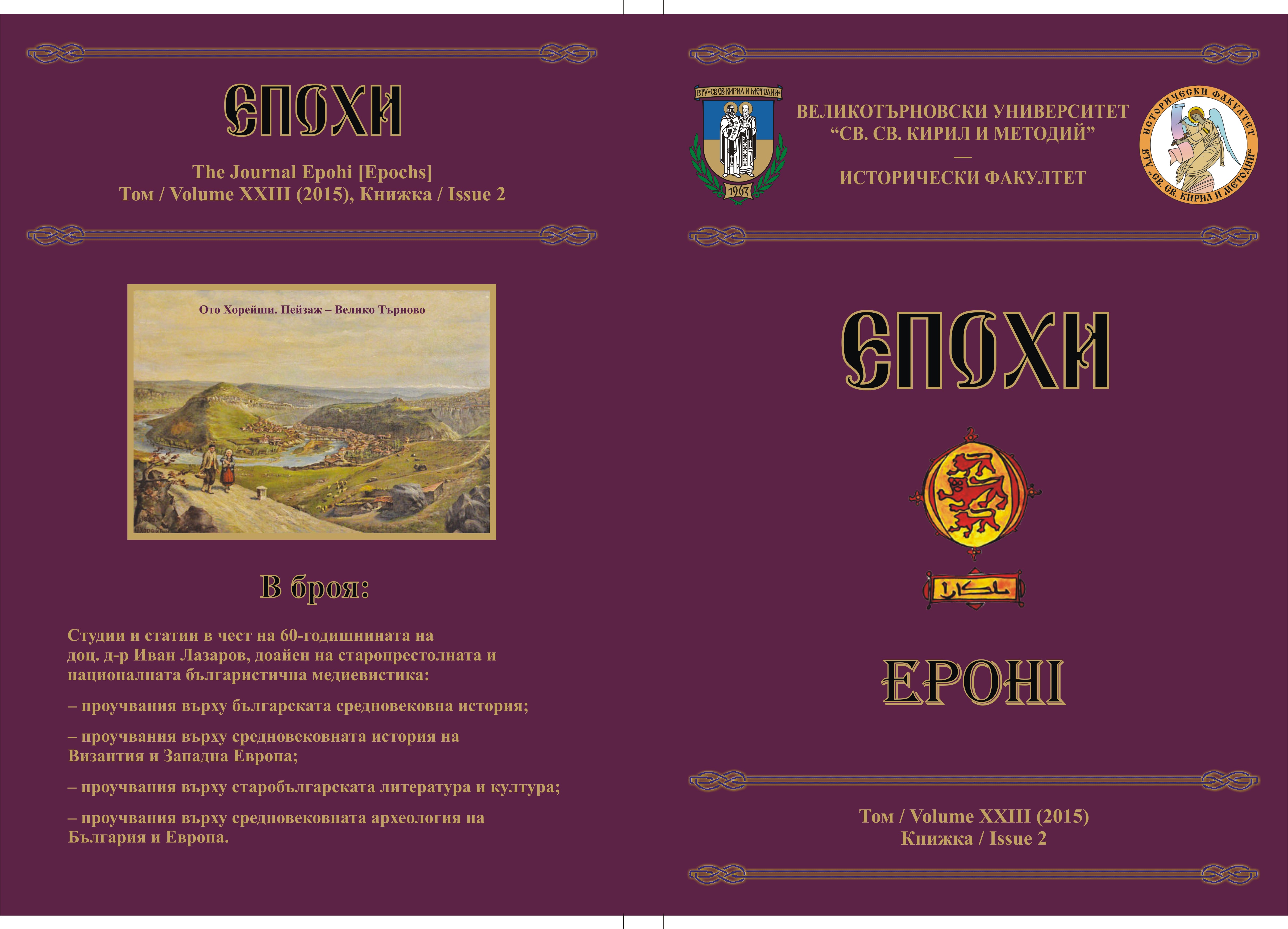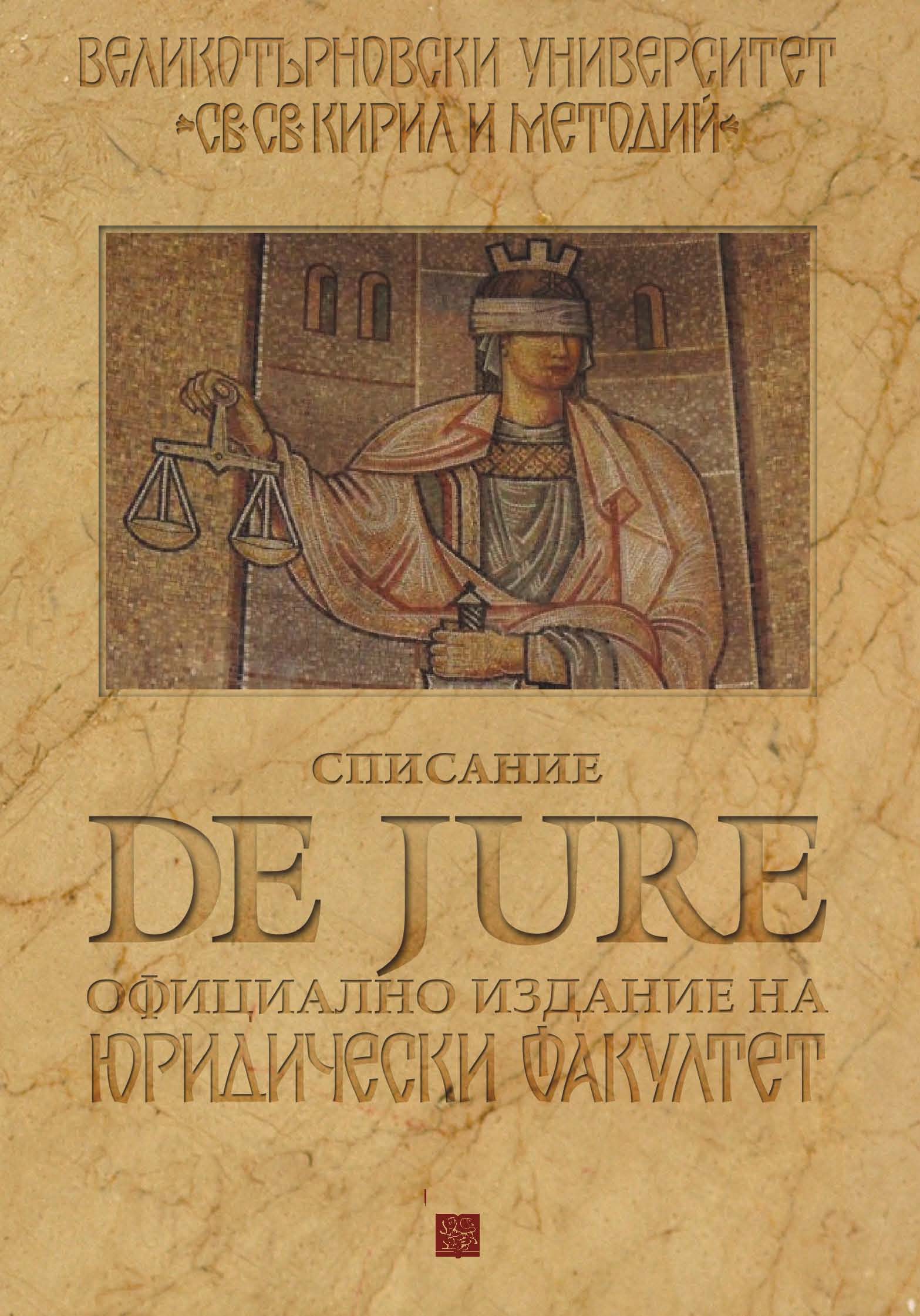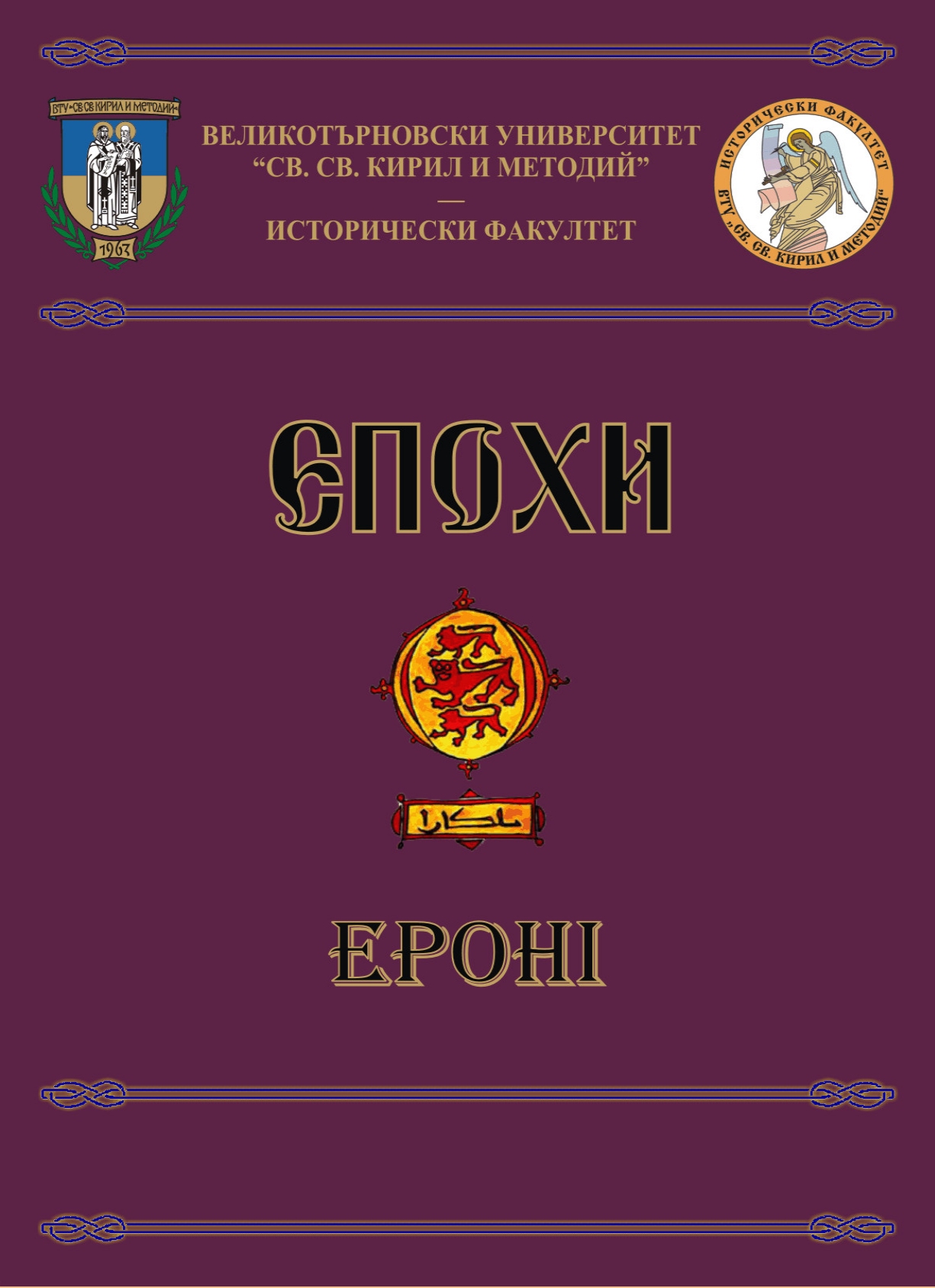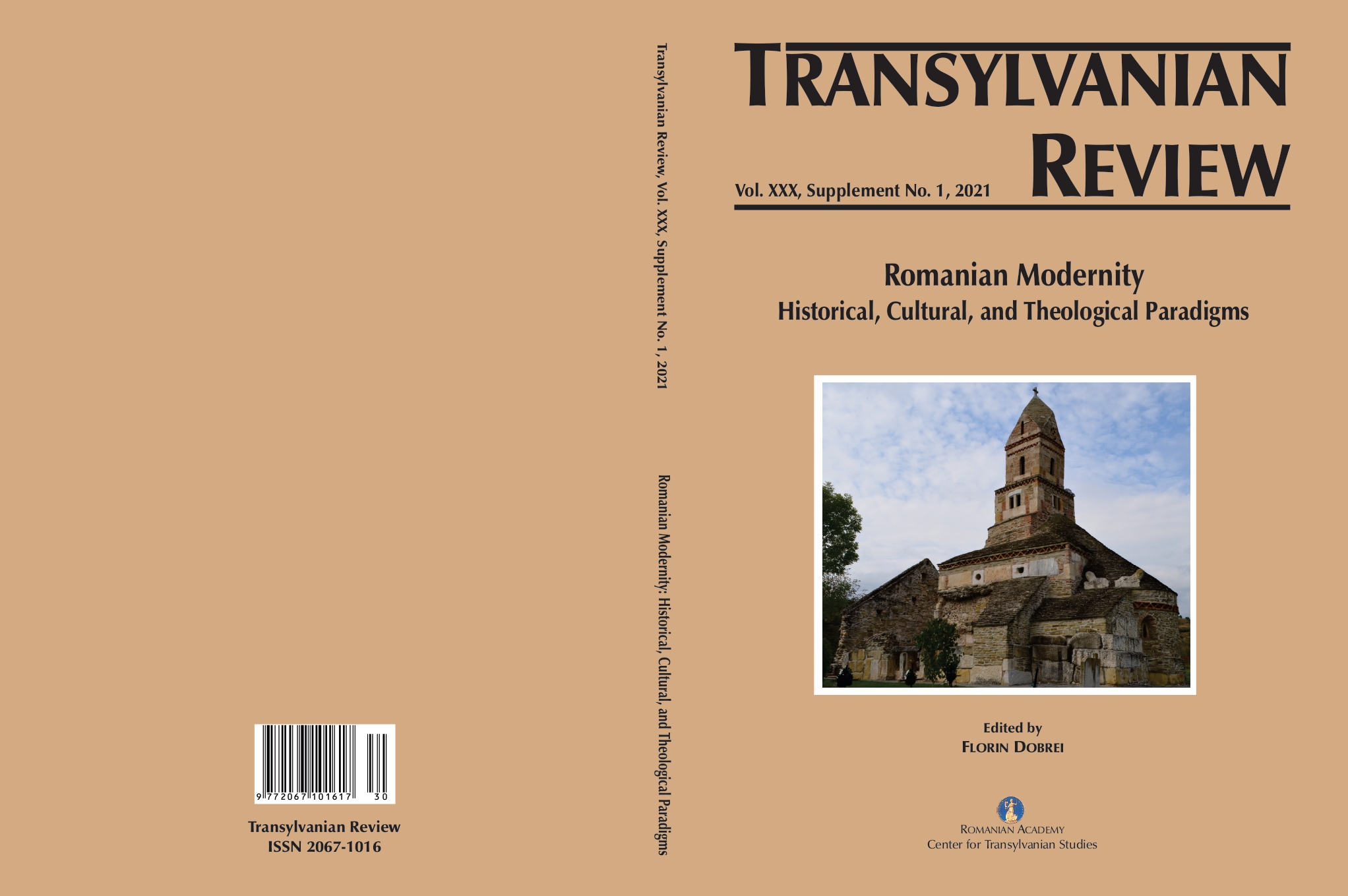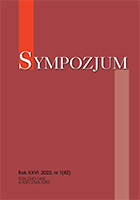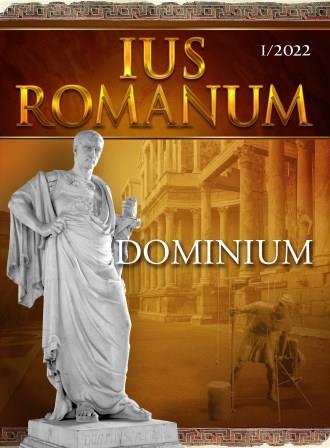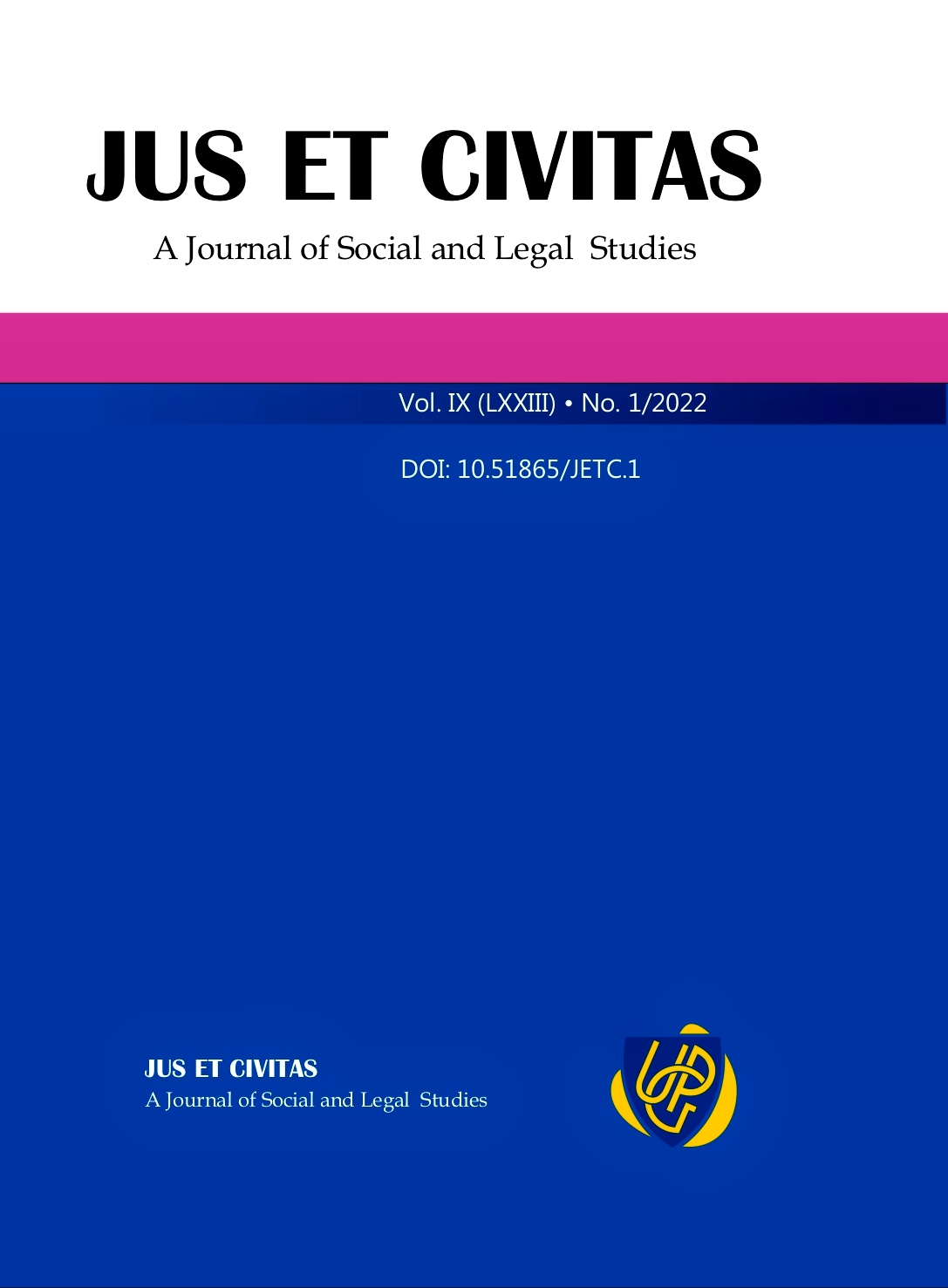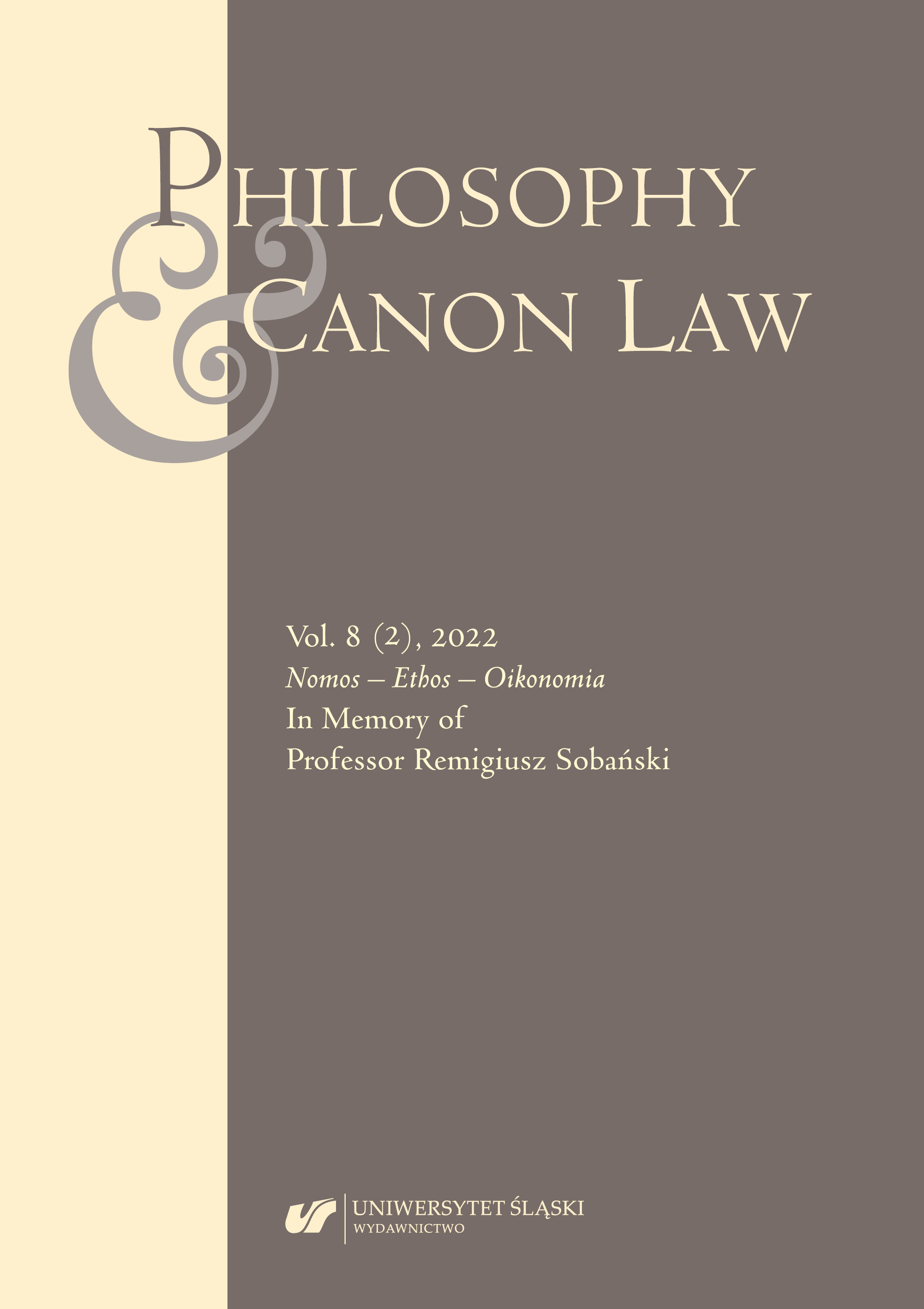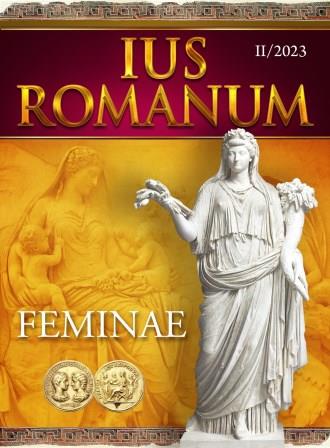Author(s): Milan Milutin / Language(s): English
Issue: 2/2022
At first, provinces were governed either by magistrates (consules, praetores) or by promagistrates (proconsules, propraetores, privati cum imperio). The expression pro magistratu was used to designate a citizen who, despite not being a magistrate, used to perform a magistrature, either as a consequensce of an extraordinary appointment (privati cum imperio), or due to a prolongation of the duration of the imperium even posterior to the end of the term (prorogatio imperii). In such cases, their titles would, instead of consul, praetor or quaestor, respectively become proconsul, propraetor and proquaestor. Regardless of whether a governor performed the duty of a magistrate or a promagistrate, he was classified either as a consular or a praetorial one. During the reign of Octavian Augustus, provinces were divided into two groups – provinciae senatus vel populi and provinciae Caesaris vel principis. Irrespective of their titles, every provincial governor was refered to as praeses. Depending on the rank of their governor, both senatorial and imperial provinces were classified as provinciae consulares and provinciae praetoriae. Regardless of whether they were of a consular or praetorian rank, governors of all senatorial provinces held the title of proconsul, giving the senatorial provinces an alternate name: proconsulares. In the imperial provinces, the title of proconsul was held by the princeps himself, which resulted in the need of creating a title for those who actually governed the provinces in question – legatus Augusti pro praetor. Depending on their rank, they were divided into legati consulares and legati praetorii. However, it was not until the Dominate, that the richness of Roman provincial governors’ titles reached its peak.
More...
